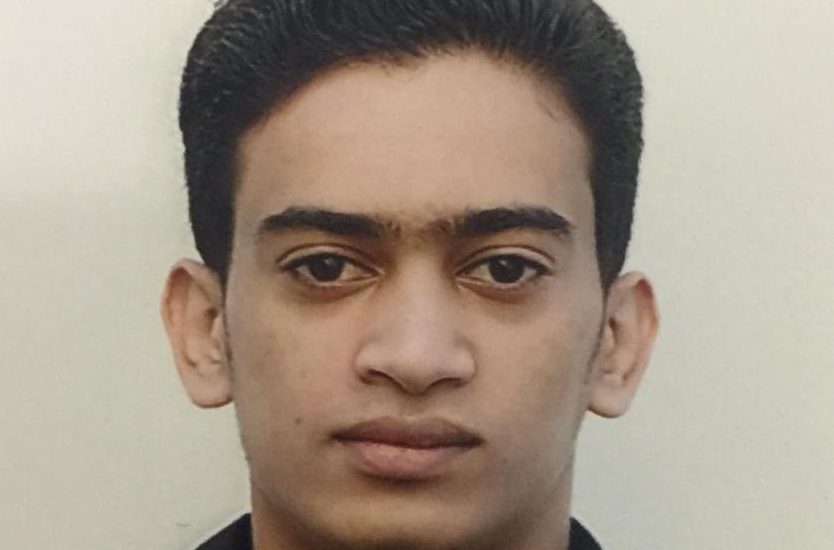Mohamed Ahmed Isa, a 25-year-old Bahraini, was arrested and tortured by authorities, subjected to an unfair trial, and convicted on politically motivated charges between 2016 and 2018. He currently remains in Jau Prison.
On 13 May 2016, uniformed police forces and officers in plain clothing arrested Mohamed without a warrant while conducting a raid on his house. Authorities forcibly disappeared Mohamed for a period of six days, during which time he was transferred between the Criminal Investigations Directorate (CID), Jau Prison, and al-Hadd police station, before being transferred to Dry Dock Detention Center.
While interrogating Mohamed, authorities who identified themselves as belonging to the National Security Agency (NSA) tortured him in order to coerce a confession and information about social media accounts. Methods of torture included stripping him of his clothes, beatings, and threats. Officers also held him in his cell in freezing cold temperatures until he lost consciousness, and doused him in cold water. As a result, Mohamed suffered a seizure related to his sickle cell anemia and was transferred to the Ministry of Interior’s AlQalaa Hospital. Because of the severity of his condition he was transferred to Salmaniya Medical Complex. The confession coerced from Mohamed through torture was used against him at trial, among other confessions coerced from his co-defendants.
The Public Prosecution charged Mohamed in two different cases: an incident which took place on 20 February 2016 near the Sitra military base for which he was charged with illegal assembly and rioting, arson and planting a simulated explosive, possession of flammable containers, and filming and broadcasting the incident via YouTube; and an incident on 27 February 2016 on a road of the Sitra Industrial Zone, for which Mohamed was charged with illegal assembly and rioting, burning tires, possession of flammable containers, and filming and broadcasting the incident via YouTube. On 5 January 2017 Mohamed was sentenced to five years in prison for the first case, and on 27 February 2017 he was sentenced to an additional five years for the second case. On 27 September 2018 both sentences were upheld. An appeal before the Court of Cassation has yet to be scheduled.
The Bahraini authorities have also prevented Mohamed from being able to prepare a defense or consult with legal counsel. The first time Mohamed requested a meeting with his lawyer, authorities tortured him, so he refrained from repeating the request. Authorities also failed to bring him before a judge promptly and prohibited him from preparing for trial and presenting evidence in his defense. Due to his condition, Mohamed’s health also remains at serious risk, as authorities are unlikely to meet his needs, including doctors’ appointments when necessary, medication, warm clothing, hot water for bathing, and special meals consistently.
Because authorities failed to bring Mohamed before a judge within 48 hours of his arrest, denied him access to legal counsel, subjected him to torture to produce a confession, and utilized this confession against him at trial, Bahrain has violated Mohamed’s rights to a fair trial and its obligations under international law, including provisions in the Universal Declaration of Human Rights (UDHR) and the International Covenant on Civil and Political Rights (ICCPR), and the Convention against Torture and Other Cruel, Inhuman or Degrading Treatment or Punishment (CAT). Bahrain’s denial of appropriate medical care during Mohamed’s detention also fails to meet the standards delineated in the United Nations Standard Minimum Rules for the Treatment of Prisoners (Mandela Rules). Americans for Democracy & Human Rights in Bahrain (ADHRB) calls upon Bahrain to annul Mohamed’s conviction, and if serious criminal charges can be maintained against him, ensure that any subsequent trial is consistent with due process and fair trial rights. We additionally urge the Bahraini authorities to investigate claims of torture and to provide adequate redress.





